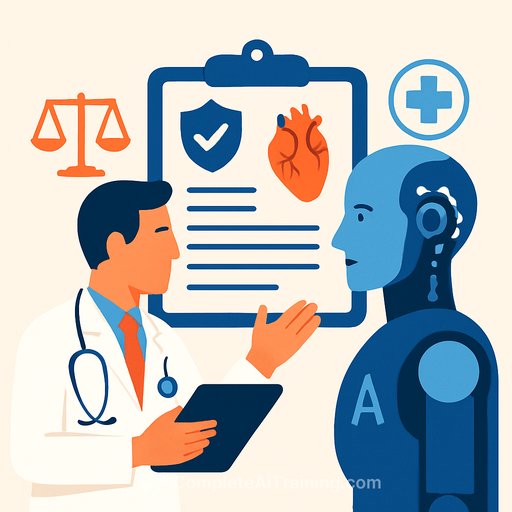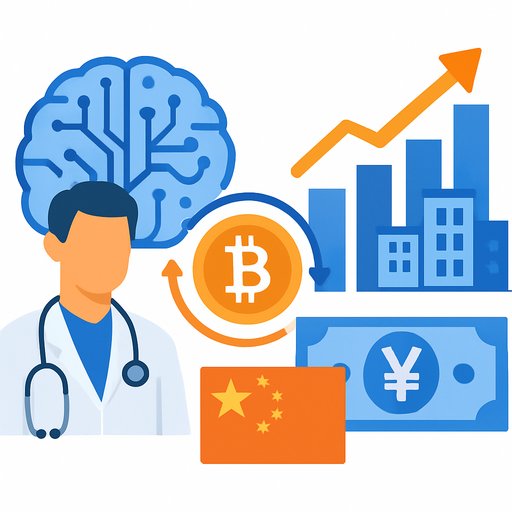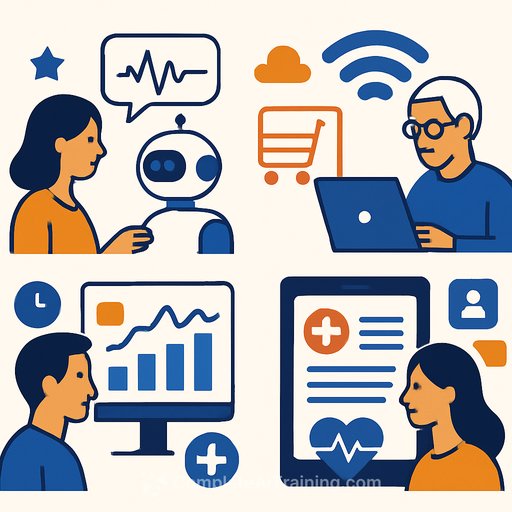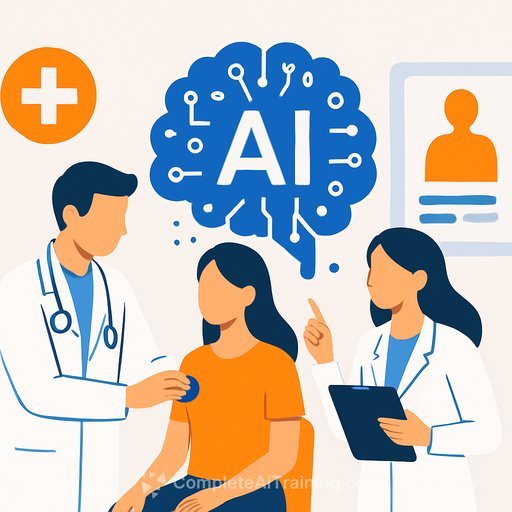Regulating AI in Healthcare: The Road Ahead
Artificial intelligence (AI) is increasingly influencing healthcare, from diagnostics to patient care management. As AI technologies become more integrated, regulatory frameworks are emerging to address safety, fairness, and privacy concerns. This article summarizes insights from a recent discussion featuring healthcare and policy experts on how federal and state regulations are shaping AI use in healthcare.
Federal Oversight and AI in Healthcare
Currently, there is no single federal law specifically regulating AI in healthcare. Instead, multiple agencies oversee aspects of AI use in the sector. The Department of Health and Human Services (HHS) enforces nondiscrimination rules under Section 1557 of the Affordable Care Act, which apply to AI tools. HIPAA remains critical for protecting patient data privacy. The Office of the National Coordinator for Health IT (ONC) also plays a role in setting standards for health information technology, including AI applications.
State-Level Regulation and Its Challenges
In contrast to federal efforts, many states have moved more quickly to regulate AI in healthcare, addressing specific risks related to clinical practice and insurance. States like Texas and Colorado have passed legislation requiring AI developers and users to prevent algorithmic discrimination and ensure ethical implementation.
With no federal preemption on the horizon, states will continue to create a patchwork of regulations. Healthcare providers and AI developers operating in multiple jurisdictions will face compliance challenges due to differing state requirements.
International Influence: The EU's AI Act
The European Union passed the AI Act in March 2024, establishing the first comprehensive legal framework for AI. Healthcare AI systems are classified as high-risk under this regulation, imposing strict requirements on safety and accountability. U.S. healthcare organizations working internationally or with EU partners should monitor these developments closely.
Key Compliance Considerations for Healthcare Providers and Developers
- Establish an AI Governance Program: Implement structured oversight to manage AI risks and compliance from the start.
- Conduct Bias Audits: Regularly test AI tools for potential bias to promote fairness in patient care and outcomes.
- Ensure Transparency: Maintain clear communication with patients and providers about AI use and its impact.
- Invest in Data Quality: Reliable, high-quality data is foundational to effective and safe AI systems.
- Stay Updated on Laws: Continuously monitor federal and state regulations to maintain compliance as rules evolve.
The Role of Policy and Public Affairs
Federal initiatives like the White House AI action plan highlight the administration’s interest in balancing innovation with safety. However, explicit regulatory deadlines are not yet defined, leaving much of the regulatory landscape in flux. Public affairs advisors emphasize the importance of considering public trust and patient comfort when deploying AI technologies.
Conclusion
Healthcare organizations and AI developers should prioritize compliance strategies that address multiple regulatory layers—federal, state, and international. Proactive governance, bias mitigation, transparency, and data integrity will be key to responsible AI adoption. Keeping informed on legislation and guidance will support effective integration of AI tools while safeguarding patient interests.
For those interested in AI education and training tailored to healthcare and other industries, Complete AI Training offers up-to-date courses designed to build practical skills in this evolving field.
Your membership also unlocks:






